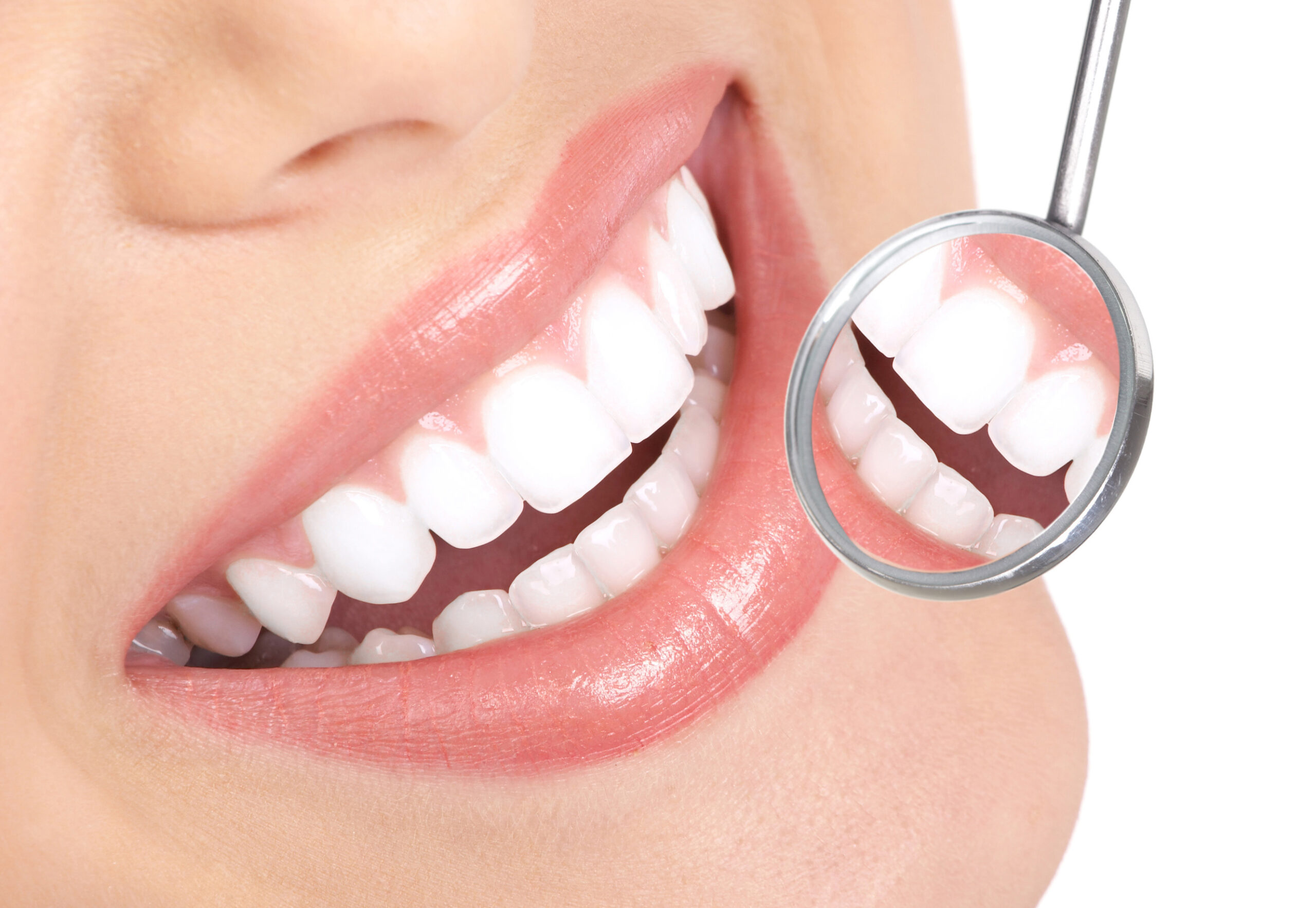
Turkey has emerged as a leading destination for dental tourism, offering high-quality treatments at competitive prices. Among the most sought-after procedures is teeth whitening, a cosmetic dental treatment designed to enhance the brightness of one’s smile. With state-of-the-art clinics, experienced professionals, and a reputation for excellence, Turkey attracts thousands of international patients each year seeking a whiter, more radiant smile.
This article explores the various aspects of teeth whitening in Turkey, including the different methods available, the benefits, the procedure itself, aftercare, and why Turkey stands out as a preferred destination for this treatment.
Why Choose Turkey for Teeth Whitening?
Turkey has gained global recognition for its advanced dental care, combining cutting-edge technology with highly skilled practitioners. Here are some reasons why patients opt for teeth whitening in Turkey:
1. High-Quality Dental Care
Turkish dental clinics adhere to international standards, utilizing modern equipment and the latest whitening techniques. Many clinics are accredited by global health organizations, ensuring patient safety and satisfaction.
2. Experienced Dental Professionals
Dentists in Turkey undergo rigorous training, often with international experience, ensuring that patients receive expert care. Their proficiency in cosmetic dentistry, including teeth whitening, makes them a preferred choice for patients worldwide.
3. Cost-Effectiveness
While maintaining high standards, dental treatments in Turkey are significantly more affordable compared to many Western countries. This cost advantage does not compromise quality, making it an attractive option for budget-conscious patients.
4. Combining Treatment with Tourism
Many patients choose to combine their dental visit with a vacation, exploring Turkey’s rich culture, historical sites, and scenic landscapes. Cities like Istanbul, Antalya, and Izmir offer world-class dental facilities alongside tourist attractions.
Types of Teeth Whitening Procedures Available in Turkey
Teeth whitening can be performed using different techniques, depending on the patient’s needs and the dentist’s recommendation. The most common methods include:
1. In-Office Professional Whitening
This is the fastest and most effective teeth whitening method, performed by a dentist in a clinical setting. The procedure involves applying a high-concentration bleaching gel to the teeth, which is then activated by a special light or laser. Results are visible immediately, with teeth becoming several shades whiter in just one session.
Advantages:
-
Immediate results
-
Supervised by a professional for safety
-
Stronger bleaching agents than at-home kits
2. Take-Home Whitening Kits (Custom Trays)
For patients who prefer gradual whitening, dentists in Turkey provide custom-fitted trays and professional-grade whitening gel. The patient wears these trays for a specified period each day, achieving noticeable results within a week or two.
Advantages:
-
Convenient and flexible
-
Less sensitivity compared to in-office treatments
-
Effective for maintenance after professional whitening
3. Laser Teeth Whitening
A more advanced form of in-office whitening, laser teeth whitening uses a laser to accelerate the bleaching process. This method is highly effective for stubborn stains and provides long-lasting results.
Advantages:
-
Faster and more intensive whitening
-
Reduced risk of gum irritation
-
Long-lasting effects
4. Over-the-Counter vs. Professional Whitening
While drugstore whitening products (strips, toothpaste, etc.) are available, they are less effective than professional treatments. Dentists in Turkey use medical-grade whitening agents that provide safer and more dramatic results.
The Teeth Whitening Procedure: What to Expect
Step 1: Initial Consultation
Before the procedure, the dentist examines the patient’s teeth and gums to ensure they are suitable for whitening. Existing dental issues, such as cavities or gum disease, must be treated first to avoid complications.
Step 2: Cleaning and Preparation
A professional dental cleaning removes plaque and tartar, ensuring the whitening agent works evenly. The dentist may also take shade measurements to track the progress.
Step 3: Application of Whitening Gel
For in-office whitening, a protective barrier is applied to the gums to prevent irritation. The bleaching gel is then carefully applied to the teeth and activated with a light or laser. The process typically takes 30-60 minutes, sometimes with multiple applications for optimal results.
Step 4: Post-Treatment Care
After the procedure, the dentist may provide desensitizing agents if the patient experiences temporary sensitivity. They also offer aftercare instructions to maintain results.
Aftercare and Maintaining Whitened Teeth
To prolong the effects of teeth whitening, patients should follow these guidelines:
-
Avoid Staining Foods & Drinks: Coffee, tea, red wine, and dark-colored foods can stain teeth. Using a straw for beverages can help minimize contact.
-
Practice Good Oral Hygiene: Brushing twice daily, flossing, and using a whitening toothpaste can help maintain brightness.
-
Regular Dental Check-ups: Professional cleanings prevent new stains from forming.
-
Touch-Up Treatments: Depending on the method, occasional at-home whitening or follow-up sessions may be needed.
Potential Risks and Side Effects
Teeth whitening is generally safe when performed by a qualified dentist, but some patients may experience:
-
Tooth Sensitivity: Temporary sensitivity to hot or cold foods is common but usually subsides within a few days.
-
Gum Irritation: If the whitening gel contacts the gums, minor irritation may occur, but this is preventable with proper application.
-
Uneven Whitening: Existing dental work (crowns, fillings) does not whiten, which may cause uneven coloration.
A professional consultation ensures that the treatment is tailored to the patient’s dental condition, minimizing risks.
Why Turkey Stands Out for Dental Tourism
Beyond teeth whitening, Turkey’s dental tourism industry excels due to:
-
Advanced Technology: Many clinics use digital smile design, 3D imaging, and high-quality materials.
-
Multilingual Staff: Language barriers are minimized as many dental professionals speak English and other languages.
-
Comprehensive Care: Patients receive personalized treatment plans and follow-up support.
Conclusion
Teeth whitening in Turkey offers an excellent combination of affordability, quality, and expertise. With various whitening methods available, patients can achieve a brighter smile under the supervision of skilled professionals. The country’s reputation for dental excellence, combined with its appeal as a travel destination, makes it a top choice for those seeking cosmetic dental treatments.
For anyone considering teeth whitening, consulting with a qualified dentist in Turkey ensures a safe, effective, and long-lasting transformation—leaving patients with a confident, radiant smile.

